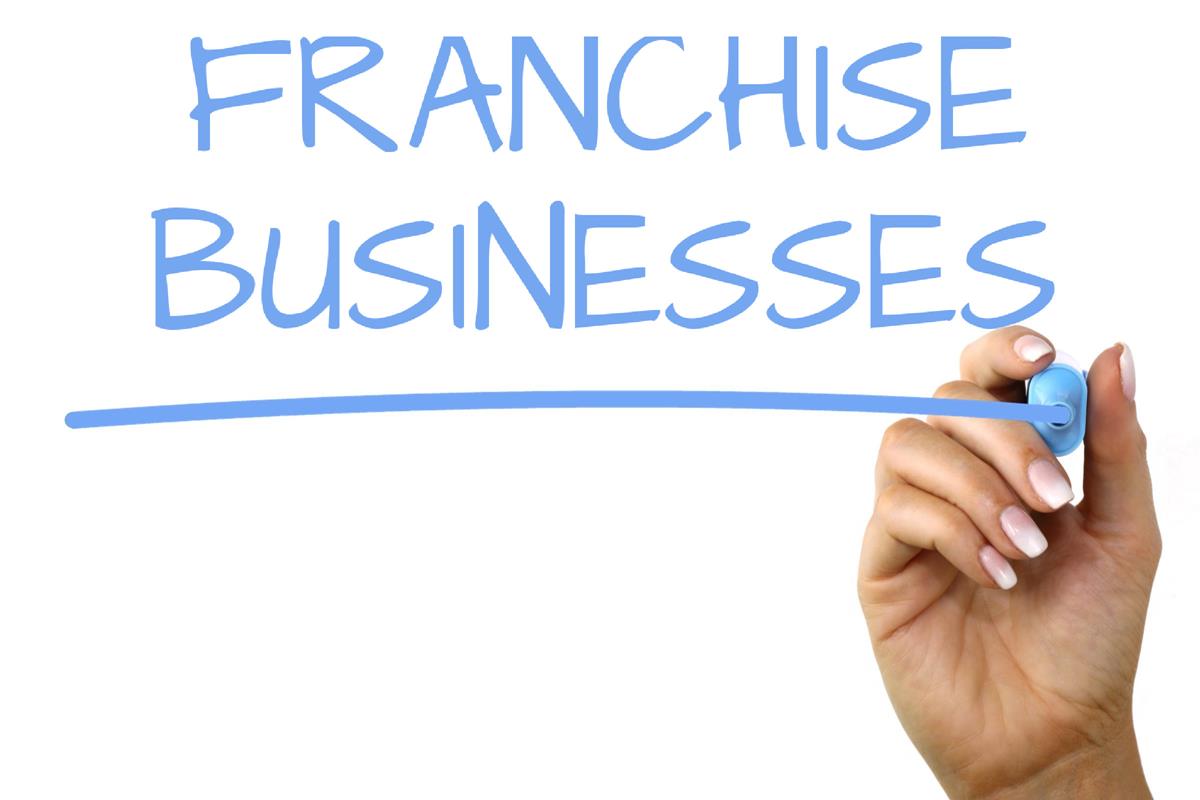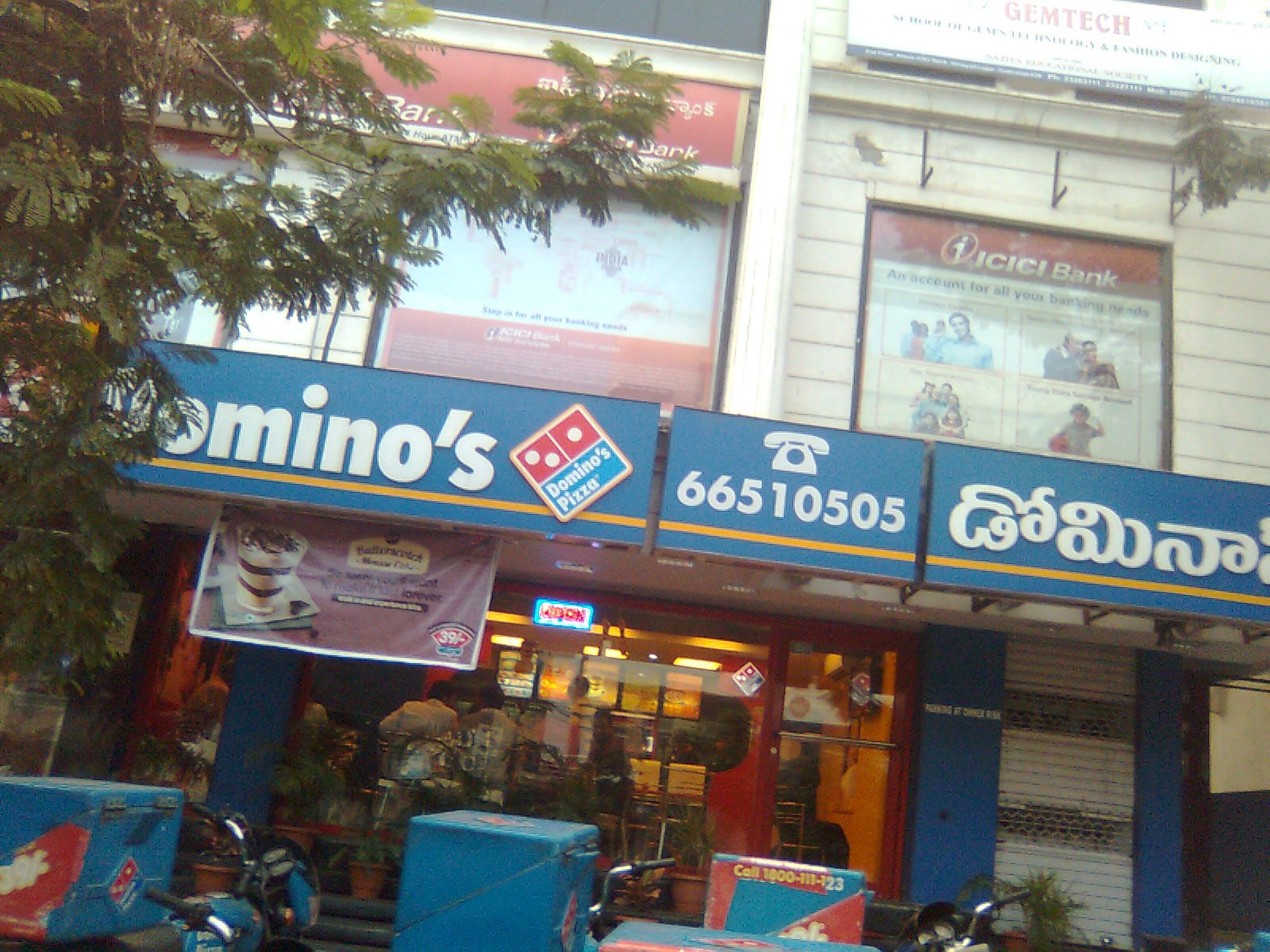Difference Between Franchise and Chain
In the onset and growth of a business, many important decisions have to be made, such as the role of a business, ownership, type of business entity just to mention a few. One of the critical decisions a business makes is whether it wants to directly own all the units or allow investors to buy some of the units. This means that whatever decision is made, a business will become a franchise or a chain.

What is a Franchise?
A franchise is a type of business whereby the owners sell some business rights to third parties. Some of the rights sold in this type of business are; the business name, logo and business model. The franchiser, however, will require that the business model stays the same and factors such as pricing, business methods, and other specified factors remain the same.
For a person to invest in a franchise, the franchisee pays an initial fee which covers the rights of the business, and once the business starts, a royalty fee is paid to the franchiser. This is calculated based on a percentage of sales made and can be done monthly, quarterly or on an annual basis, depending on the terms stated.
When selecting a franchise system to invest in, a business person should see to it that a franchise:
- Is a brand that is well recognized
- Training can be offered to the management team
- Offers Initial and continuing marketing and advertising strategies
- Have great quality of products and services
- Offers Ongoing general support
Operating as a franchise has some advantages
- Reduction of risk through the franchiser’s experience and knowledge
- Ongoing support through advertising, constant training and buying equipment and marketing
- The use of a well-known trademark reduces the workload on brand recognition and marketing strategies.
- Research and development burden is lessened as it is transferred to the franchiser
- Less financial burden as most franchises offers financing options. Banks are also more willing to lend to well-known franchises.
However, there are some disadvantages of franchising
- The franchising application process can be long and tedious, and the requirements for consideration can be very demanding.
- Any difficulties faced by the franchiser are passed down to the franchisee.
- The franchisee is not an independent business but is controlled by the franchiser
- Fees associated with franchising such as royalties can be high
- The profit is split among the franchiser and the franchisee

What does Chain mean?
A chain is a group of one or more stores that have one owner. This type of business has the same name, sell the same product and follow the same set policies. This means that the chain retains total control of each store.
Some of the advantages of operating chain stores are:
- The chains retain full ownership rights
- There is an economy in advertising as it is not necessary for each branch to advertise
- It is easy to identify an unprofitable branch, and either close it or move it to another location
- Chains retain all the profit, as there are no middlemen
- The cost of distribution is less as wholesalers are eliminated
- Uniformity in price
Chains, however, have some disadvantages
- It may be difficult to exercise control over all the chains
- The chain business carries all the risk as there is no risks are passed to investors
- It is expensive to run chain stores
Similarities between Franchise and Chain
- Both aim at profit maximization
- Both have a set of policies and procedures to be followed
Differences between Franchise Vs. Chain
-
Ownership in Franchise Vs. Chain
A franchise sells major business components such as actual products and services, business logo, and business model, whereby each franchise has a different owner. A chain, however, expands on its own and fully retains the ownership of the business.
-
Risk sharing
The business risk is shared between the franchiser and the franchisee while a chain assumes all the risks on its own.
-
Profit sharing in Franchise Vs. Chain
While a franchise splits the profit between the franchiser and the franchisee, a chain retains all the profit made in the business.
-
Business control
A franchise does not have full control of the business and work hand in hand with the franchiser, a chain, on the other hand, has full control of the business.
-
Business expenses in Franchise Vs. Chain
The expenses in a franchise are shared between the franchiser and the franchisee whereby the franchiser carries most work involving the brand, such as marketing and advertising expenses. A chain, on the hand, incurs all the business expenses.
-
Business Policies involved in Franchise Vs. Chain
While business policies in a franchise such as responsibilities, procedures, and rights are set out by the franchiser to ensure consistency, a chain sets its own business rules and policies.
Franchise vs. Chain: Comparison Table

Summary of Franchise vs. Chain
A business person who would like to start or expand a business would have to choose between a franchise and a chain, based on factors such as spreading of risks, costs involved in starting a new business, full business ownership retention and means on how to expand a business. Both are ideal business models, based on a person’s preference.
- Difference Between Profit Center and Investment Center - July 2, 2022
- Difference Between Anti-Trust and Anti-Competition - June 6, 2022
- Difference Between Stocktaking and Stock Control - June 6, 2022
Search DifferenceBetween.net :
1 Comment
Leave a Response
References :
[0]Samuelson W. & Chatterjee K. Game Theory and Business Applications. Springer Science & Business Media Publishers, 2013. https://books.google.co.ke/books?id=iIpCjX9FSToC&pg=PA169&dq=Franchise+vs.+Chain&hl=en&sa=X&ved=0ahUKEwjY5cCQlOreAhXlk4sKHbPZDyMQ6AEIXzAK#v=onepage&q=Franchise%20vs.%20Chain&f=false
[1]Tuunanen M., Windsperger J., Cliquet G., & Hendrikse G. New Developments in the Theory of Networks: Franchising, Alliances and Cooperatives- Contributions to Management Science. Springer Science & Business Media Publishers, 2011. https://books.google.co.ke/books?id=io93vTdMWYkC&pg=PA59&dq=Franchise+vs.+Chain&hl=en&sa=X&ved=0ahUKEwjY5cCQlOreAhXlk4sKHbPZDyMQ6AEIUDAH#v=onepage&q=Franchise%20vs.%20Chain&f=false
[2]Frank H., Perrigot R., & Terry A. Handbook of Research on Franchising- Research handbooks in business and management series. Edward Elgar Publishers, 2017. https://books.google.co.ke/books?id=RR06DwAAQBAJ&pg=PA443&dq=Franchise+vs.+Chain&hl=en&sa=X&ved=0ahUKEwjY5cCQlOreAhXlk4sKHbPZDyMQ6AEISzAG#v=onepage&q=Franchise%20vs.%20Chain&f=false
[3]Image credit: https://en.wikipedia.org/wiki/Domino%27s_Pizza#/media/File:Domino%27s_Outlet.jpg
[4]Image credit: http://www.thebluediamondgallery.com/handwriting/images/franchise-businesses.jpg

One difference between a franchise and a chain is that a franchise spread the risk of failure through out the owners a chain the risk is all on the owner of the chain.Another differences between from a chain and a franchise is that a chain has one owner and a franchise has multiple.And one more difference from a franchise and a chain is that a franchise splits the profit between the franchiser and the franchisee and with a chain the owner collects all the profit made in the business.